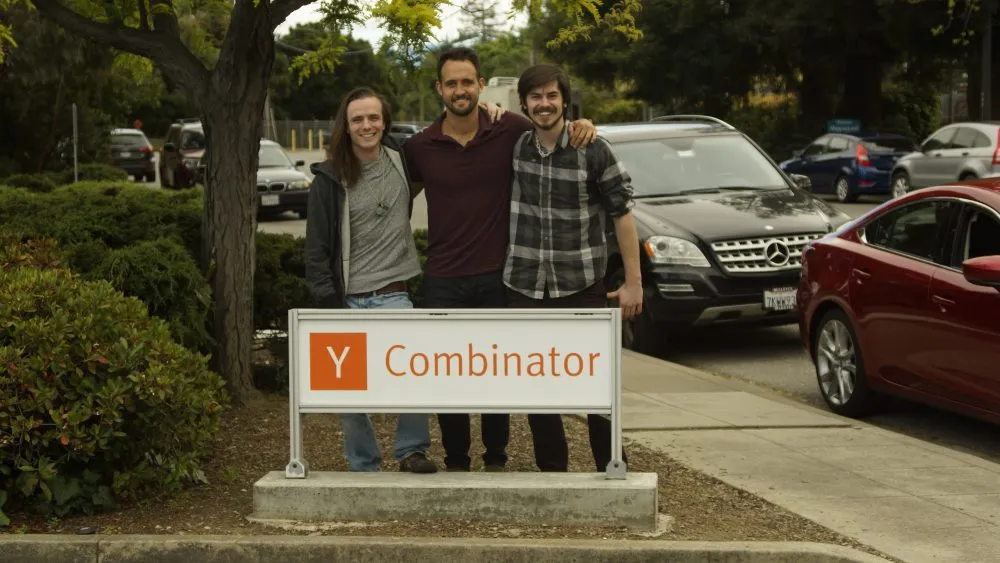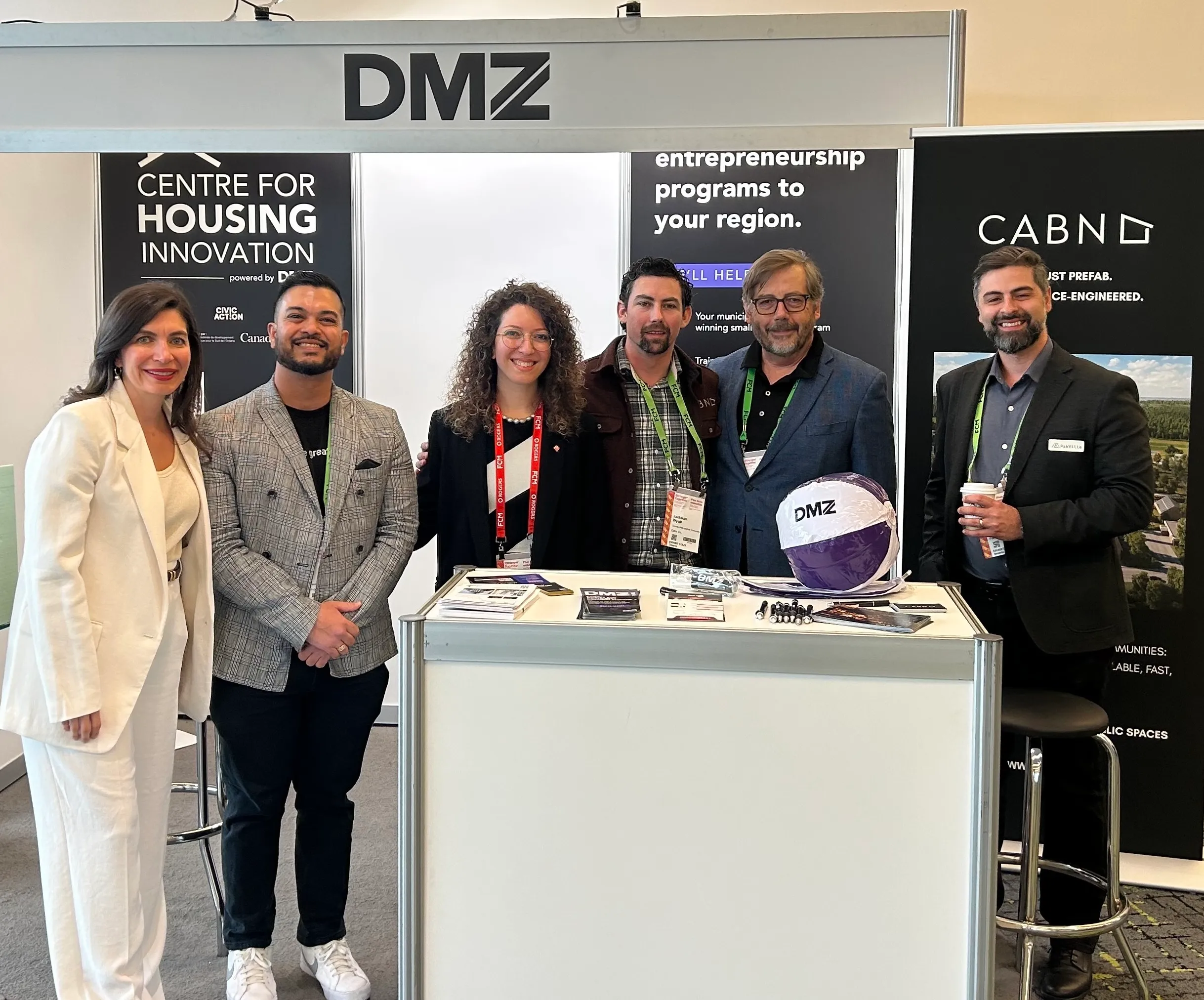Not too long ago GTA homeowners hoping to repair a faulty roof had very few options available to them. They could either scour online want ads to find contractors or reach out to one of the big pricey construction firms that dominate the industry.
A huge endeavour considering the Ontario roofing industry is projected to reach a whopping $800 million this year. Meanwhile a Mckinsey & Company report found the construction and home renovation industry is one of the few remaining industries lagging when it comes to adopting new technology.
In 2016 all that changed when cofounder Richard Nelson and his two partners, Kevin Redman and Zach Melo, created Roofr. The Toronto-based startup makes it easy for consumers to find local, vetted contractors in as little as 30 seconds.
Fixing the industry's flaws
The startup's satellite technology gets customers access to cost predictions that analyze everything from man hours needed to materials required on site. This also helps roofers provide the best quotes and takes all the guesswork out of costly renovations. Customers can use the site for free any time, while contractors pay Roofr a nominal fee after each job.
A roofer by trade since he was 12 years old, he saw first hand how the out-of-date the industry was costing consumers money.
"The problem with the roofing industry... [is] that it was a complete disaster," Nelson explains. "You have the large roofing companies charging an arm and leg, or companies that weren't experienced providing inferior services for a lot of money. We get around that by connecting people to the best sellers at the most competitive price."
Since launching, the team has managed to turn their cost-efficient-roofing startup into a thriving business. Recently it hit $200,000 in gross merchandising volume and now boasts a 50 per cent month over month growth rate.
First Canada, next the world
Right now the company's services are open only to Ontario residents. However Nelson hopes to expand south of the border in the coming weeks. Once the team wraps up their residency at California-based accelerator Y Combinator they'll drum up business for their American operations. "Within the next five years, we'll be present in every city in North America. Our first market and primary focus [right now] is California."
When asked about the company's recent wins, Nelson is quick to praise the DMZ. The Toronto accelerator prepped the team ahead of their Y combinator interview and introduced them to investors that kept the business afloat in its early years.
"Laith [the DMZ's investor liaison] introduced me to a bunch of investors and angels with office hours when we were in Toronto," says Nelson. "They helped us practice leading up to our Y Combinator interview too. So we were really prepared and knew what to expect."


.webp)




